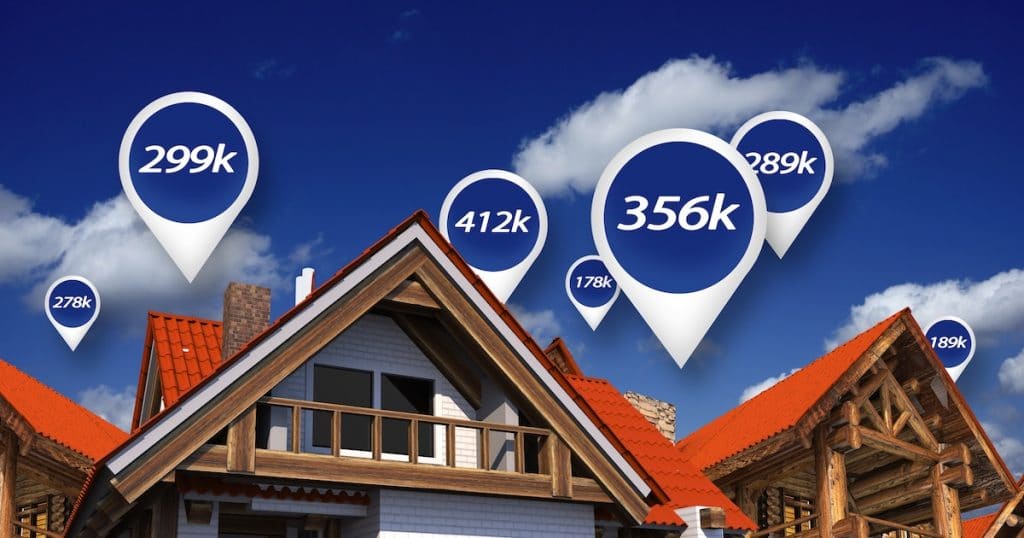

The S&P CoreLogic Case-Shiller U.S. National Home Price Index (HPI) covering all nine U.S. census divisions continues to show slower gains in home prices in April.
The S&P CoreLogic Case-Shiller HPI (NSA) reported a 3.5% annual gain in April, down from 3.7% in March. The 10-City Composite annual gain came in at 2.3%, up from 2.2%. The 20-City Composite gained 2.5% year-over-year, down from 2.6%.
| Indicator | Prior | Revised | Consensus Forecast | Forecast Range | Result |
| HPI 20-city, SA – M/M ∆ | 0.1 % | 0.3% | 0.2 % | 0.0 % to 0.2 % | 0.0% |
| HPI 20-city, NSA – M/M ∆ | 0.7 % | 0.5 % | 0.2 % to 0.7 % | 0.8% | |
| HPI 20-city, NSA – Yr/Yr ∆ | 2.7 % | 2.6% | 2.6 % | 2.2 % to 2.6 % | 2.5% |
“Home price gains continued in a trend of broad-based moderation,” says Philip Murphy, Managing Director and Global Head of Index Governance at S&P Dow Jones Indices. “Year-over-year price gains remain positive in most cities, though at diminishing rates of change. Seattle is a notable exception, where the YOY change has decreased from 13.1% in April 2018 to 0.0% in April 2019.”
Las Vegas, Phoenix and Tampa reported the highest year-over-year gains. In April, Las Vegas led with a 7.1% year-over-year price gain, followed closely by Phoenix at 6.0%, and Tampa at 5.6%.
Still, 9 of the 20 cities saw greater price increases in the year ending April 2019 versus the year ending March 2019.
Worth noting, the FHFA House Price Index (HPI) was up 0.4% in April juxtaposed to a 0.1% gain in March, and the year-over-year rose from 5.0% to 5.2%. The two HPIs have typically mirrored each other.
The most damning journalistic sin committed by the media during the era of Russia collusion…
The first ecological study finds mask mandates were not effective at slowing the spread of…
On "What Are the Odds?" Monday, Robert Barnes and Rich Baris note how big tech…
On "What Are the Odds?" Monday, Robert Barnes and Rich Baris discuss why America First…
Personal income fell $1,516.6 billion (7.1%) in February, roughly the consensus forecast, while consumer spending…
Research finds those previously infected by or vaccinated against SARS-CoV-2 are not at risk of…
This website uses cookies.